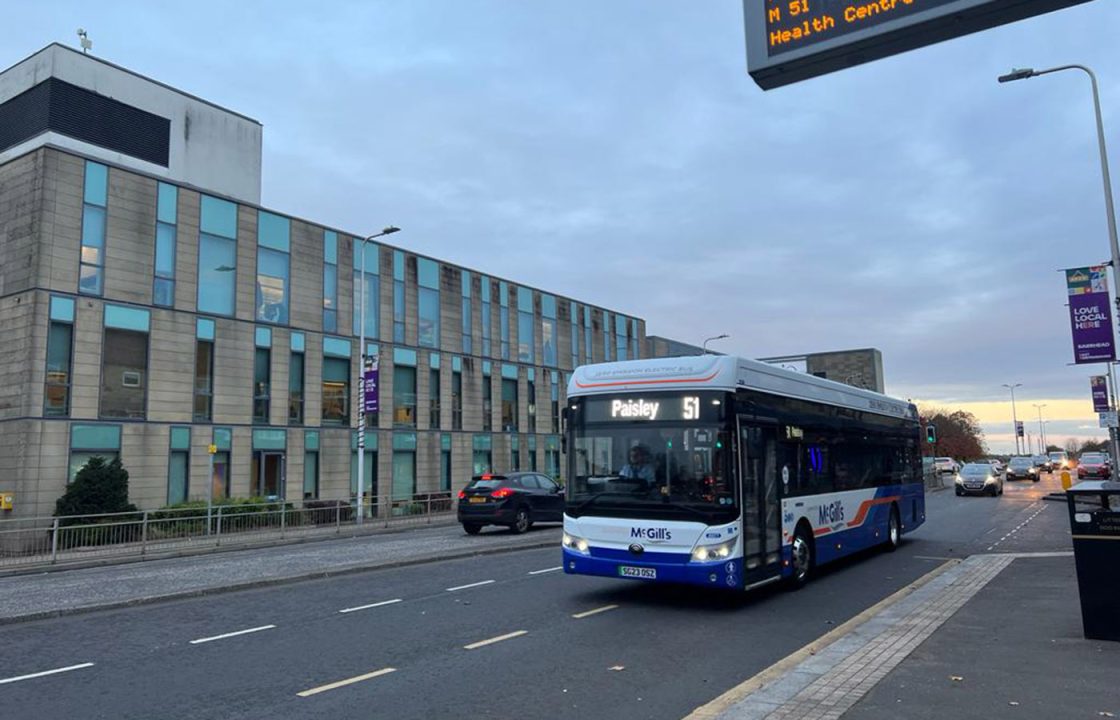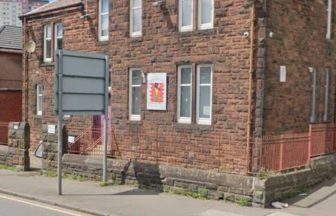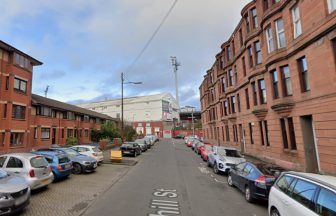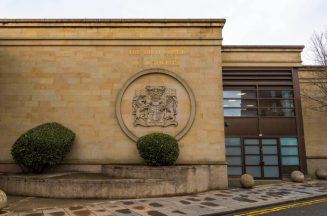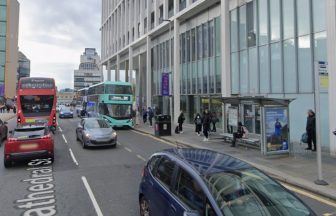Strathclyde Partnership for Transport (SPT) has approved plans that could ‘revolutionise’ local bus services in Scotland.
The partnership has been given the go-ahead to begin work to establish local bus franchising in the west of the country, in line with the requirements of the Transport (Scotland) Act 2019.
The plans are hoped to solve short-term and long-term transport issues.
SPT said local bus franchising could offer the “greatest certainty for the best outcomes” for passengers but that it would take between five and seven years and cost around £15m to complete.
It was also recommended that SPT should progress with Bus Service Improvements Partnership (BSIP) arrangements in the short to medium term to “stabilise and improve” the bus network while the franchise model is created.
The proposals are due to go out for public consultation in April.
SPT chair Councillor Stephen Dornan (SNP) said: “This is a bold and ambitious plan from SPT which sets a strong approach to tackle a declining bus market.
“It gives us opportunities to build for growth, and deliver a network that is attractive, accessible, and affordable to both passengers in our communities who rely on the bus to get around and those who we need to get ‘onboard’ by offering an attractive alternative to the private car.
“However, any franchising option will take time and investment to establish so we need to look at doing something now to halt the declining bus market.
“BSIPs, which also require suitable investment, offer the best opportunity for a significant, interim improvement while we work to establish the world-class local bus franchise model the people of the west of Scotland deserve.
“In order to progress any of these options, we need investment from the Scottish Government which now has to step up with real funding and a commitment to support public transport, particularly bus which for too long has been forgotten and now requires urgent action.”
‘The potential to revolutionise local bus services in the west of Scotland’
Vice-chair Councillor Alan Moir (Labour) added: “The preferred options presented by SPT have the potential to revolutionise local bus services in the west of Scotland to the clear benefit of bus passengers and local communities.
“The need to stabilise the local bus market, deliver bus reform, and fully harness the strengths of all those collectively employed in the sector is also very clear. It is only by doing so that buses can fully contribute to our wider economic, societal, and environmental objectives. Allowing the continued decline of services is simply not an option, we all need sustainable local bus services to deliver so much more.”
Vice-chair councillor David Wilson (Conservative) said: “We have been presented with the best options to take forward proper bus reform for our area. The need for a long-term plan for bus is clear and comes after a full appraisal of all the options available against a range of criteria. Delivery of a competitive franchising model, as proposed, has the potential to harness the best aspects of the public and private sector collaboration in delivery of local bus services.
“To succeed – as it must do – local bus services require proper funding and investment for the medium and long term as well as support from politicians, from bus operators, and other key stakeholders, as well as and, most importantly, the public. We must also ensure that the options are integrated by improving bus priority on our roads, reducing congestion, again with adequate resources to fund a fully functioning network.”
‘Theft of private business’
McGill’s, the UK’s largest independent bus company, had previously voiced their opposition to the plans.
CEO Ralph Roberts claimed it would cost the taxpayer £400m a year and said it would amount to “theft of a private business”.
“With a £1bn black hole in the Scottish economy, I cannot imagine how they are going to find £400m per year to subsidise franchised bus services in Strathclyde,” he said.
“Franchising is effectively confiscation of a business that has been built in good faith over many years with investors funds and it raises a host of legal implications, including issues under Article 1 of ECHR.
“It goes against every sense of natural justice and we would take this to every court in the land and beyond.
“Franchising can be introduced in a different way and our opposition to it will be absolute until the threat of theft of a private business is lifted.
“Bus use is declining because local authorities haven’t done their job to help bus users. I see nothing from franchising that will change this and unless councillors are willing to make the kind of tough decisions made in other places, particularly in prioritising buses over private cars, then this will be a very expensive waste of money for the taxpayer.”
Roberts added: “Our advice is simple and based on proven experience from around the world – remove buses from congestion and take business confiscation off the table.
“These two simple steps will build trust and show that this is about bus users rather than a power trip for politicians and quangos, most of whom never set foot on a bus.”
Follow STV News on WhatsApp
Scan the QR code on your mobile device for all the latest news from around the country


